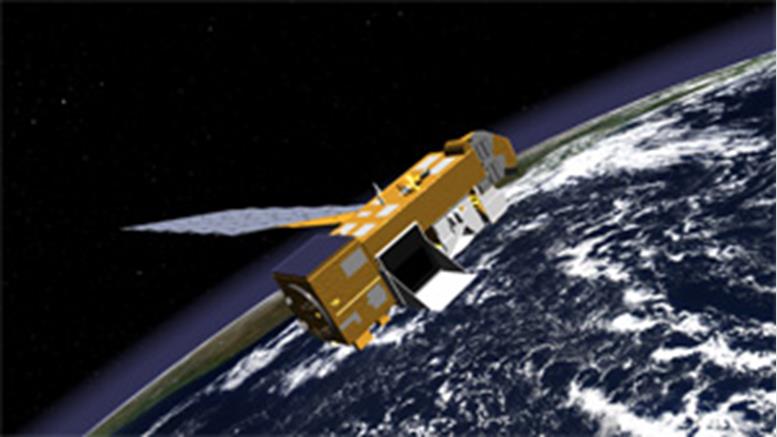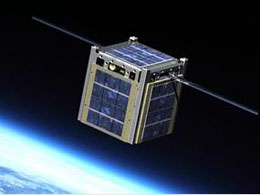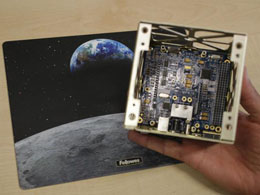
Developer Wants to Launch Bitcoin Nodes into Orbit
Source: NASA (not actual cubesat). Jeff Garzik, a core bitcoin developer, is looking to launch some small-sized satellites into orbit that will work as Bitcoin nodes, according to CoinDesk. These satellites (also known as cubesats), about 10cm wide on all of its sides, would effectively be launched with larger payloads, so as to not cost hundred of millions of dollars. So how much would it cost? According to Garzik, about $2 million. In orbit, the nodes would serve as additional nodes to the many that already exist on Earth. So it is worth it? Perhaps that's up to Garzik to decide. It's....
Related News
Bitcoin Core Developer Jeff Garzik plans to use cubesats as full Bitcoin nodes. Read the original story on Coindesk. Bitcoin Core Developer Jeff Garzik has plans in motion to launch several small cube satellites [cubesat] into space. These satellites would serve as a full node for the Bitcoin network, presumably as an "honest source" of the Bitcoin blockchain. All that is needed to stop a Sybill attack is one honest node, and this node in space would be that node. This cubesat node would be in orbit and would broadcast a verified blockchain to any node that will connect with it.....
A partnership to launch satellites broadcasting the bitcoin block chain from space has been announced by bitcoin core developer Jeff Garzik. Garzik's Dunvegan Space Systems, in partnership with a company called Deep Space Industries Inc., plans to build satellites called 'BitSats' as part of a bitcoin orbital system, providing redundancy to the network. The non-profit endeavor plans to have a node in space as a backup in case of terrestrial failure for the Bitcoin network. Garzik said in a statement: "We want to keep bitcoin healthy and free by finding alternative ways to distribute block....
Late last year, we heard the first plans from bitcoin core developer Jeff Garzik to launch bitcoin mini-satellites into space. Today, we're getting a little more information on the project. Apparently, Mr. Garzik's Dunvegan Space Systems has formed a partnership with Deep Space Industries to built tiny "BitSats" that will broadcast the block chain from earth orbit. The plan? Offer redundancy to the bitcoin network in the event something catastrophic happens down on earth. Smart, don't you think? The plan is still very much coming together, but the idea is to build CubeSats that measure 10....
An ambitious plan to launch bitcoin-enabled microsatellites has taken a step forward with a new business deal. Dunvegan Space Systems, a startup led by bitcoin core developer Jeff Garzik has signed a manufacturing contract with Deep Space Industries (DSI) that will find it constructing 24 nanosatellites for its proposed BitSat program. The BitSat cluster will act as space-bound bitcoin nodes and is the first of a planned series of nanosatellites. Additional BitSats will be available for purchase at $1m apiece, according to the company. Garzik told CoinDesk the launch phase of the project....
Since its launch, Bitcoin Classic's node count has steadily increased. The latest release of the alternative Bitcoin implementation even topped the charts, with almost 3,000 Bitcoin Classic 0.12 nodes reachable on the network. But a closer look at these statistics reveal some odd details. First, IP-data suggests that many Bitcoin Classic nodes might not really be many Bitcoin Classic nodes at all. Instead, a single node could use multiple IP addresses to spoof total node count. This possibility appears more likely in light of the observation that very few Bitcoin Classic nodes seem to be....





